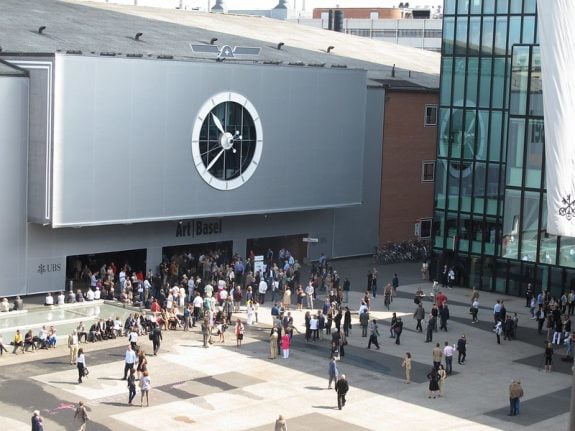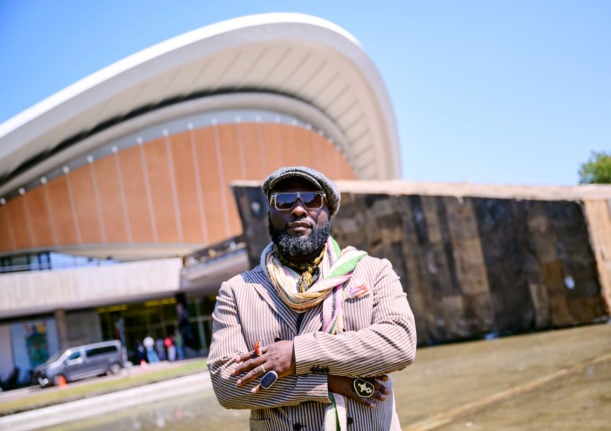The fair had already been postponed from June to September but organisers pulled the plug, saying there were too many uncertainties to stage the international show, which will return in 2021.
“Art Basel regrets to announce that the 2020 edition in Basel has been cancelled,” it said in a statement.
“While there are signs of hope as individual countries are coming out of lockdown, the global situation remains precarious and, unfortunately, too many uncertainties remain to go ahead with the fair.”
It said those included limitations on intercontinental travel, the health risks posed by large gatherings, and doubts over whether Swiss COVID-19 regulations would allow large public events.
“We believe that the best option concerning the Basel show is to focus on next year's edition and delivering a fair of the exceptional international quality that the art world expects,” it said Saturday.
The 2021 Basel fair will run from June 17 to 21.
The share price of parent company MCH Group fell further on the Swiss stock exchange on Monday.
MCH, which had already lost 41 percent of its value since the start of January, fell 3.05 percent to 15.90 Swiss francs in afternoon trading.
By comparison, the SPI index of the top 215 companies on the Swiss exchange was down 0.28 percent.
The Swiss government stopped short of imposing full confinement to combat the coronavirus pandemic.
But the restrictions it brought in led to the cancellation of major events, including the Geneva Motor Show and the main watch fairs.
While events for up to 300 people can now go ahead with appropriate protection measures, events for more than 1,000 people remain banned until August 31.
While Art Basel is based in its Swiss home city, its success led to additional annual events in Miami since 2002, and in Hong Kong since 2013.
This year's Hong Kong event, scheduled for mid-March, was cancelled because of the pandemic and will return next year, though Miami Beach is still scheduled to go ahead from December 3 to 6.



 Please whitelist us to continue reading.
Please whitelist us to continue reading.
Member comments